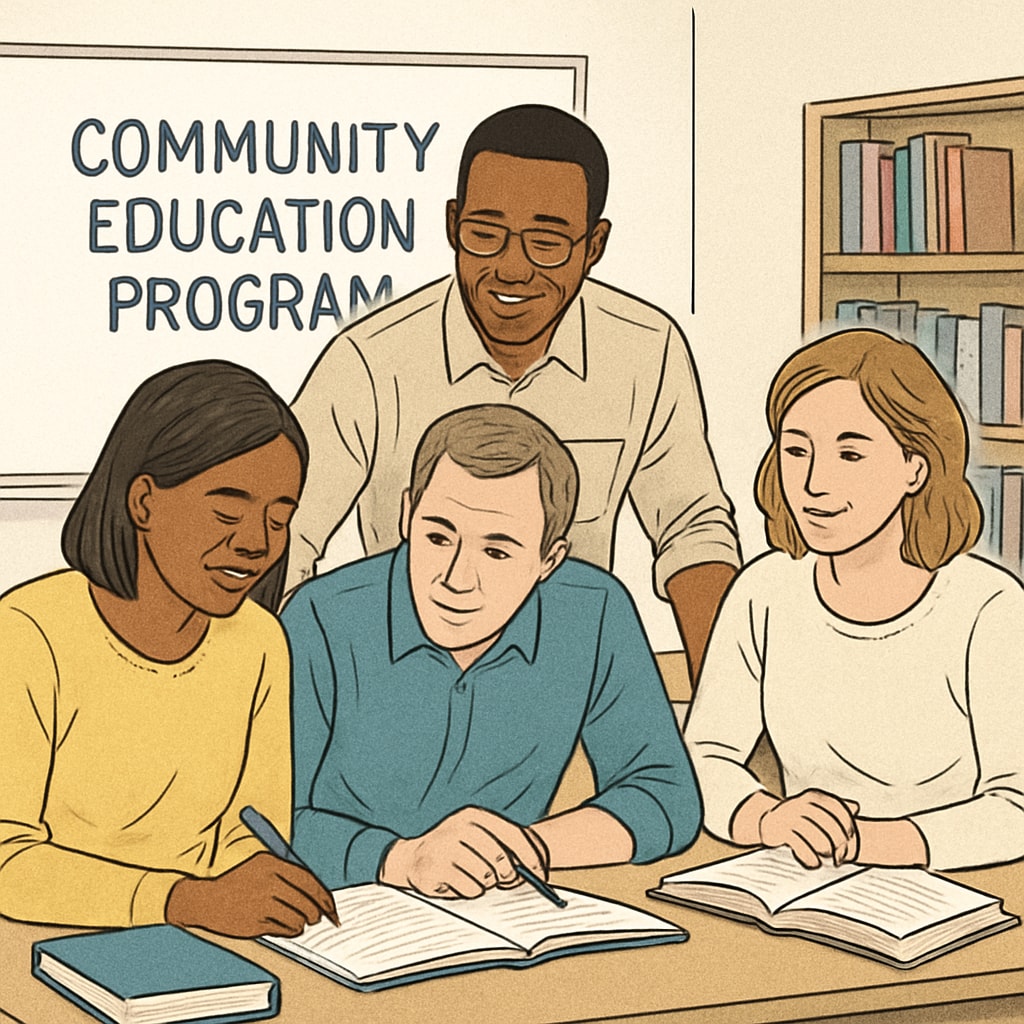Many adults face challenges stemming from childhood educational gaps, often struggling with foundational knowledge deficits. These gaps can impact confidence and hinder personal or professional growth. However, with the right strategies, it is possible to overcome these learning obstacles and rebuild a strong educational foundation.
Understanding the Impact of Educational Gaps
Childhood learning gaps can result from various factors, including inadequate schooling, family circumstances, or learning disabilities. Over time, these gaps may create barriers in areas like literacy, numeracy, and critical thinking. For instance, lacking basic math skills can affect financial management, while poor literacy may limit communication abilities.
As adults, addressing these gaps requires self-awareness and a commitment to lifelong learning. Fortunately, the modern world offers numerous resources to help individuals catch up, regardless of age or previous educational experiences.

Practical Strategies for Rebuilding Knowledge
Overcoming educational deficits starts with a structured approach. Here are key strategies for adults seeking to bridge the gaps:
- Self-Assessment: Identify specific areas of weakness, such as math, reading, or problem-solving. Online diagnostic tests can help pinpoint gaps.
- Set Realistic Goals: Break down the learning process into manageable steps. Begin with foundational concepts before advancing to more complex topics.
- Leverage Online Resources: Platforms like Khan Academy and Coursera offer free courses tailored to varying skill levels.
- Enroll in Adult Education Programs: Many community colleges and organizations provide classes designed for adult learners.
- Practice Consistently: Regular study sessions and practical application of knowledge can reinforce learning.
Additionally, seeking support from mentors or joining study groups can provide motivation and accountability. Social learning environments often encourage deeper engagement and understanding.

Building Confidence Through Lifelong Learning
Overcoming childhood educational deficits is not only about acquiring knowledge—it’s also about rebuilding confidence and fostering a growth mindset. As adults master new skills and close gaps, they often experience a sense of accomplishment that can positively impact other areas of life.
Moreover, lifelong learning promotes adaptability. In a rapidly evolving world, the ability to learn continuously is a critical asset, enabling individuals to navigate changes in technology, workplace demands, and personal interests effectively.
In conclusion, childhood educational gaps, while challenging, are not insurmountable. With determination and access to modern learning tools, adults can rebuild their educational foundations, achieve personal growth, and gain the skills needed to thrive.
Readability guidance: Use short paragraphs and lists to summarize key points. Incorporate transitions like “however,” “therefore,” and “for example” for smooth flow. Limit passive voice usage and keep sentences concise for clarity.


